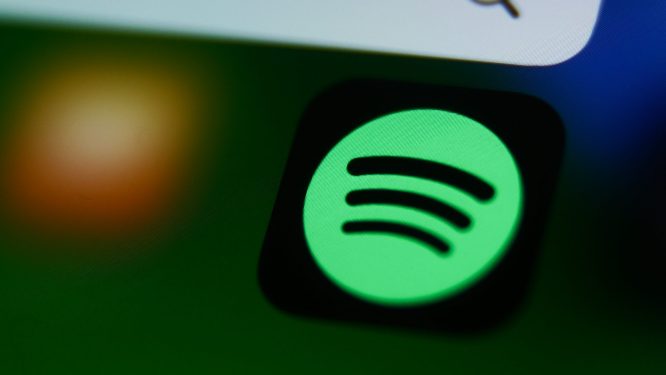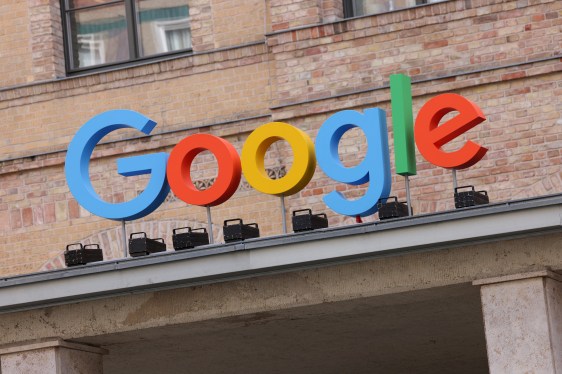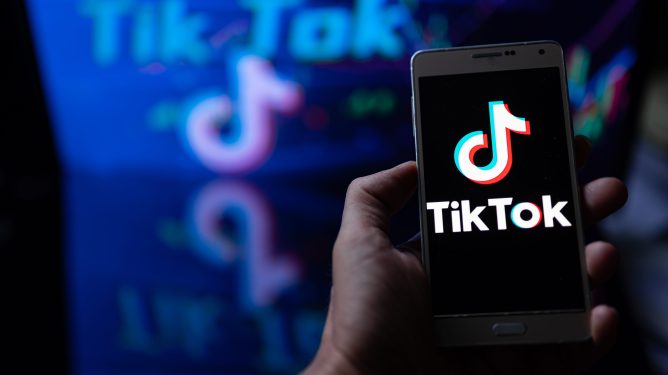In a surprising turn of events, Spotify has reversed its decision to exit the Uruguayan market after receiving assurances from the government that copyright law changes won’t result in extra costs for the music streaming service.
The Saga Unfolds
Last October, Uruguay passed a new law stipulating that artists should receive "fair and equitable" remuneration for their work. The law didn’t just apply to the main featured artist but also to everyone on a recording, including composers, performers, session musicians, and beyond.
Spotify claimed that it already pays around 70% of every dollar generated from music to record labels and publishers. However, with the new law in place, Spotify sought clarity on who would bear responsibility for paying artists who may have contributed to a record – specifically, it wanted to ensure that the people it already pays money to directly assumed the responsibility for issuing payments to whoever else the new law may cover.
The Exit Decision
As a result of this uncertainty, Spotify confirmed that it would begin phasing out its service in Uruguay starting January 1, 2024. The full and final closure was set to take place a month later. In a blog post, Spotify wrote:
"The changes in this bill could force Spotify to pay twice for the same songs. Unless the government makes it clear that record labels and publishers to whom we pay that ~70% should bear the responsibility for these costs, this will make our business of connecting artists and fans unsustainable."
Public Backlash
Spotify’s attempt to lay the blame for its impending exit at the government’s door worked. Over 40,000 people signed a petition demanding that the Uruguayan government guarantees the "permanence" of Spotify in their country. President Luis Lacalle Pou was thrust into the fracas, telling reporters that the government was "in talks" to resolve the situation.
Government Intervention
The Uruguayan government has since provided assurances that Spotify won’t be held liable for any further costs related to artist payments. In a statement, Spotify wrote:
"The Uruguayan government has demonstrated that it recognizes the value Spotify provides to local artists, songwriters, and fans. The clarification to the recent changes in music copyright law means that the rightsholders – to whom Spotify already pays roughly 70% of every dollar it generates for music – should be responsible for these costs."
A Resolution
Spotify’s reversal is a welcome development for music lovers in Uruguay. The company’s decision to exit the market had sparked concerns about the impact on local artists and the streaming service itself.
The Uruguayan government’s willingness to listen to Spotify’s concerns and provide assurances has paved the way for a resolution. This development highlights the importance of effective communication between governments, companies, and stakeholders in resolving complex issues like this one.
Timeline
- October 2023: Uruguay passes new law stipulating "fair and equitable" remuneration for artists.
- November 2023: Spotify announces its decision to exit the Uruguayan market due to concerns about copyright law changes.
- December 2023: Over 40,000 people sign a petition demanding that the government guarantees Spotify’s permanence in Uruguay.
- January 2024 (planned): Spotify begins phasing out its service in Uruguay.
Conclusion
Spotify’s reversal on exiting the Uruguayan market is a testament to the power of effective communication and collaboration between governments, companies, and stakeholders. The resolution highlights the importance of addressing complex issues like copyright law changes through open dialogue and negotiation.









